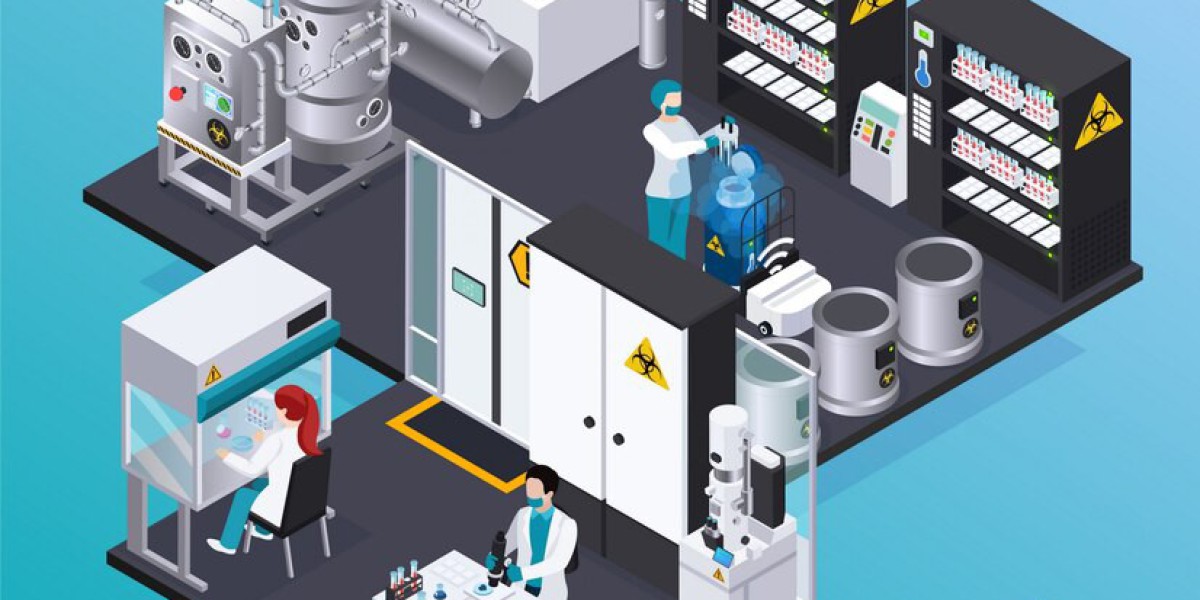A bioreactor is a specially designed vessel that facilitates biological reactions under controlled conditions. These systems are widely used in industries such as pharmaceuticals, food production, biofuel generation, and environmental management. The ability to regulate factors like temperature, pH, oxygen levels, and nutrient supply makes bioreactor essential for large-scale biological processes.
Types of Bioreactors
There are various types of bioreactors, each tailored for specific applications:
Batch Bioreactor – Operates as a closed system where microorganisms or cells grow in a fixed volume of medium until the process is complete.
Continuous Bioreactor – Allows constant feeding of nutrients and removal of waste, ensuring a steady production flow.
Fed-Batch Bioreactor – A hybrid model where fresh nutrients are gradually added to maintain cell growth and productivity.
Airlift Bioreactor – Uses air circulation to mix and oxygenate the culture, commonly found in wastewater treatment and algae cultivation.
Photobioreactor – Designed to cultivate photosynthetic organisms like algae, which are used in biofuel and pharmaceutical production.
Key Components of a Bioreactor
A bioreactor is composed of several essential parts that ensure optimal performance:
Agitation System – Stirs the medium to distribute nutrients and oxygen evenly.
Aeration System – Provides necessary oxygen for aerobic biological reactions.
Temperature Control – Regulates heat levels to maintain ideal microbial growth conditions.
pH and Nutrient Sensors – Monitor and adjust the biochemical environment.
Sterilization System – Keeps the system free from contamination, ensuring pure product output.
Applications of Bioreactors
Pharmaceutical Industry
A bioreactor is fundamental in producing antibiotics, vaccines, and monoclonal antibodies. It allows controlled cultivation of bacteria or mammalian cells to generate critical medicines.
Food and Beverage Industry
Many food products, such as yogurt, beer, and cheese, require fermentation, which is efficiently managed using bioreactors. These systems help maintain consistency and enhance production.
Biofuel Production
Algae and microorganisms cultivated in bioreactors are key sources for biofuels like biodiesel and ethanol. This technology supports renewable energy initiatives and reduces dependency on fossil fuels.
Wastewater Treatment
Microbial bioreactors are used to break down pollutants and organic waste in sewage treatment plants, making water safe for reuse and reducing environmental pollution.
Advantages of Bioreactors
Precision Control – Ensures stable conditions for biological reactions.
Scalability – Supports both small-scale research and large-scale industrial production.
High Efficiency – Maximizes yield and reduces production time.
Sustainability – Contributes to eco-friendly solutions in energy and waste management.
Conclusion
The bioreactor is a transformative tool in modern biotechnology and industry. Its ability to optimize biological reactions enables advancements in healthcare, food production, renewable energy, and environmental conservation. As technology progresses, bioreactors will continue to drive innovation, shaping a more sustainable and efficient future.








